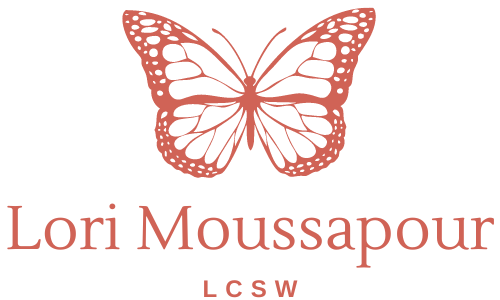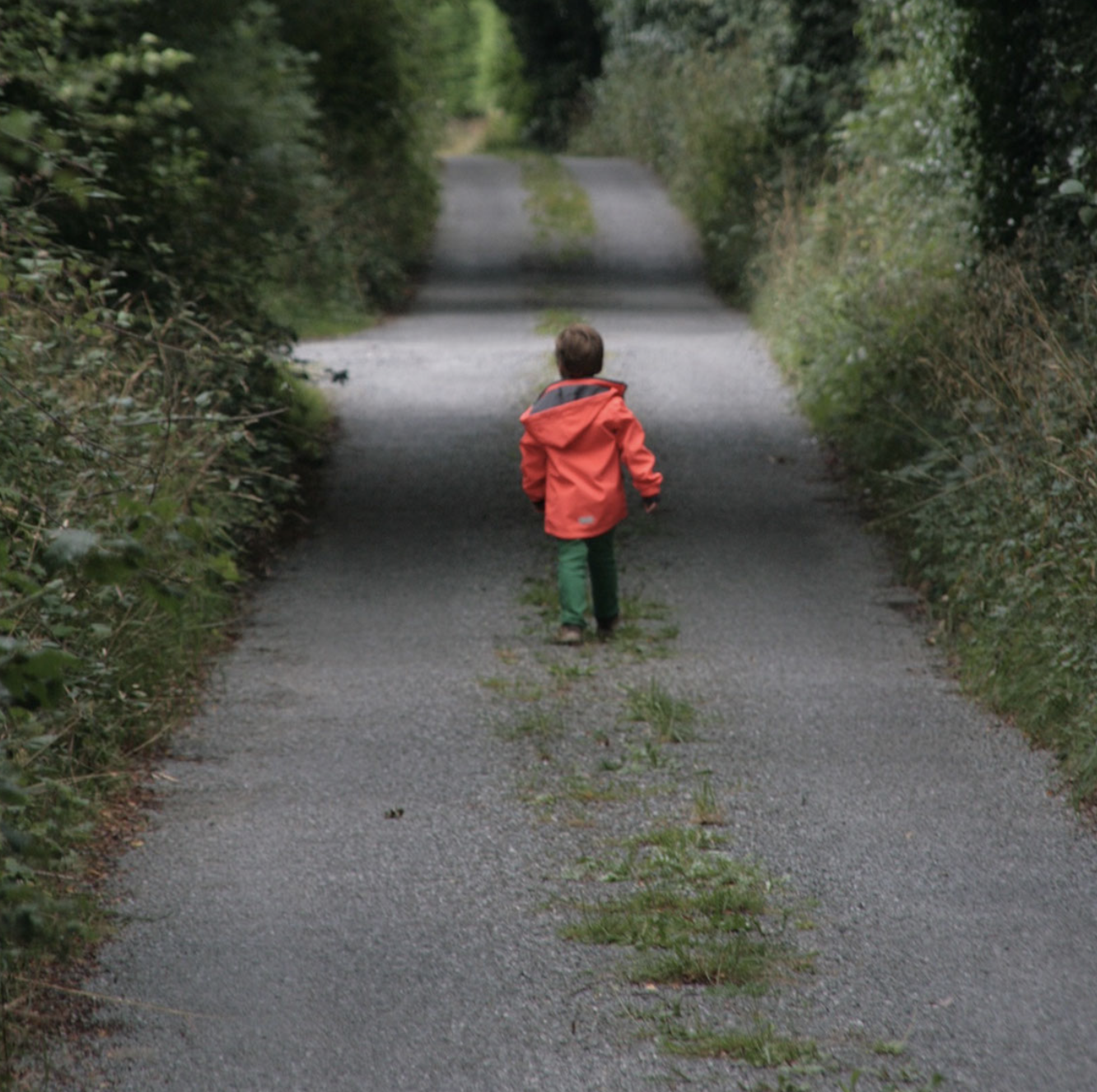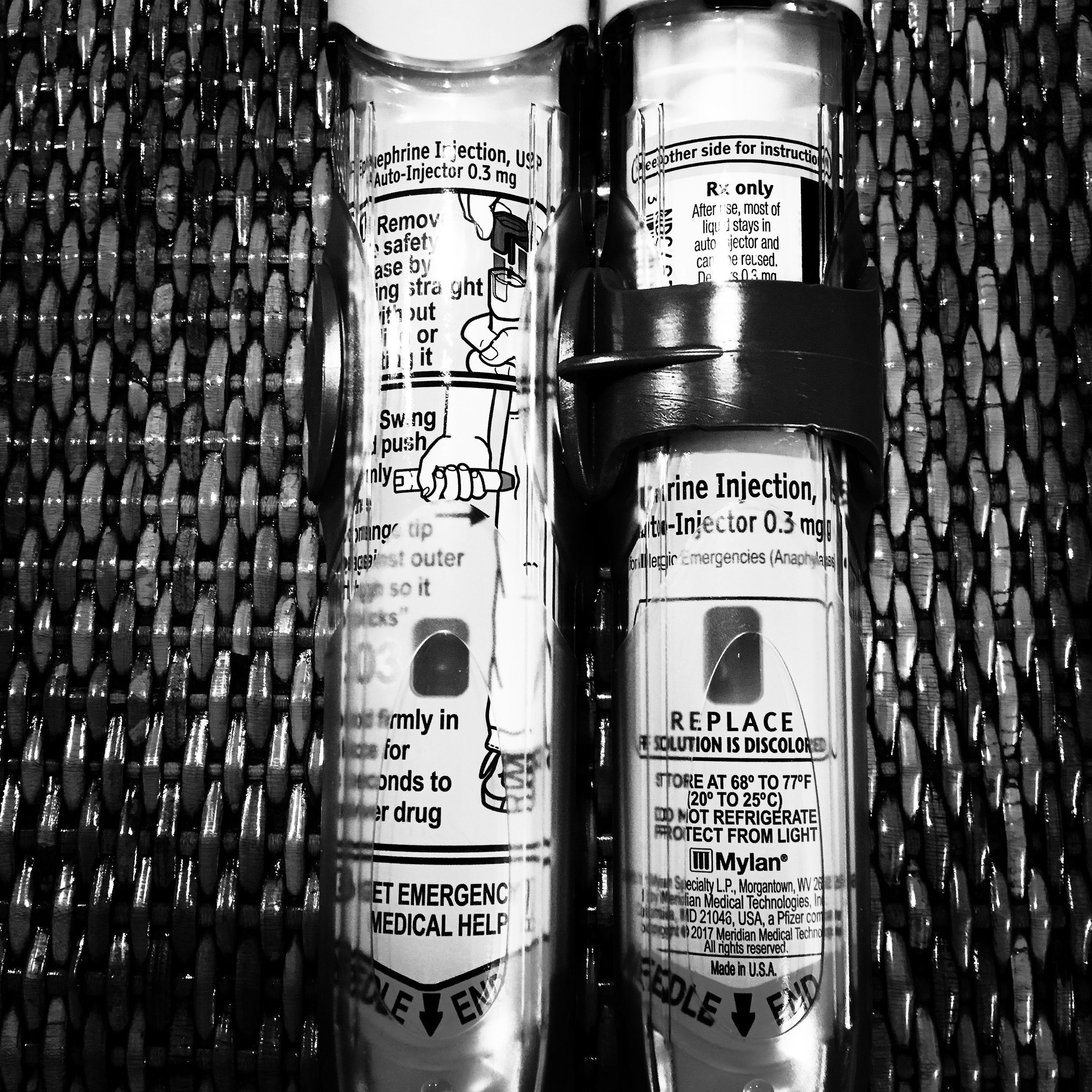Food Allergy Parenting Errors - Mistakes are Part of the Journey!
Mistakes are Opportunities to Learn
We all learn from our errors. After reading somewhere that “mistakes are opportunities to learn,” I used the mantra repeatedly with my own kids, suffering for years the subsequent eye roll, hoping that I drilled patience, risk taking and resilience into them, with such overt and subliminal messaging. But could I walk that talk? Could I tolerate my own parenting errors with self-compassion? Parenting mistakes are the hardest to endure, because the work matters more than any other.
And what happens when the mistakes involve exposing your child to her food allergen accidentally?
I need more than one hand to count the times I made critical errors, exposing my daughter to her allergens. Even though my errors stemmed from inadequate education, as opposed to irresponsibility, the guilt and fear I felt after each mistake was profound. Nonetheless, I started to realize that every error taught me invaluable lessons, ones that actually helped me in my efforts to keep her safe.
Lessons Learned...
Hidden Ingredients and Label Reading
My youngest was diagnosed as allergic to eggs somewhere around nine months. Within 6 to 8 months of that day, I served her a bit of a turkey sandwich with mayonnaise. Can you imagine my guilt and panic as she tried to place her entire fist into her mouth, her intuitive response to the itching that ensued? This mistake taught me the importance of identifying hidden allergens, and really reading labels.
Age Appropriate Expression of Allergic Reactions
My toddler's fist in her mouth also taught me about how preverbal infants and toddlers might express distress while undergoing an allergic reaction and led me to read up on the myriad ways that kids verbalize or indicate allergic distress at each stage of development. (Photo: Jelleke Vanooteghem)
Tether your Toddler!
A few months later, while traveling in Turkey, my husband and daughter went to a cafe for breakfast. Our little one toddled around the cafe interacting with a few other customers and the waiter, who found her particularly adorable, offered her a cookie. My husband, who feared an egg exposure, raced over and only arrived in time to scoop it out of her mouth. After a horrific reaction, that we later learned was anaphylaxis, we discovered that she also was severely allergic to hazelnut (and a host of other tree nuts.) This error taught us the importance of navigating your child’s independence (and in some cases even her measured distance from you) in healthy cultural and age appropriate contexts. For us this meant that we would be by her side until she understood and could be relied upon to never take food from strangers. Because we travel so much, it also meant that when in a country whose staple flour is an allergen, whose citizenry adores babies and toddlers and whose loving fingers seek cheeks to pinch and mouths to feed, toddlers needed to be tethered.
Beauty Products Beware!
Once after a long day’s work out of state I enjoyed a one hour debrief with colleagues, having coffee and eating snacks (mixed nuts) at a picnic bench near our work site. So far from home I relished the freedom to indulge in a treat I rarely ate, as we are a tree nut free home. I made the drive home in under 3 hours, without stops, trying to get there in time for a good night’s kiss. When I got home, my daughter asked me to help apply her lotion, as her eczema was flaring up. Without thinking (or washing my hands), I lathered her up - the entirety of her legs. (Photo: Irina Kostenich)
Enormous hives...
To my horror, hives and welts grew at an alarming rate across her tiny limbs, and we had another sleepless and stress filled evening. I learned that I had to either be allergen free myself, or practice unequivocal hand-washing after eating them. Two years later, on a dry spring evening, I shared my lip balm with my daughter, a brand she had used many times over. Soon thereafter her lips turned red, and began to swell. She was reacting to residue of something I had eaten presumably the last time I used the lip balm. This error taught me about the importance of vetting and not sharing makeup, especially lip or eye products. I carry two lip balms now - one for her and one for me. (Photo: Diana Kadreva)
Knowing when to use epinephrine is as important as how to use it!
One mistake could have been grievous. Following an accidental exposure to pistachio, while visiting family for a holiday card/craft writing activity, my daughter experienced two symptoms of reaction- an impending sense of doom and an odd sensation of dryness and fullness in her throat. I undervalued her panic and counted only one symptom, the physical one. I reached my doctor, luckily, who told me that we had a known exposure (pulverized pistachio on baklava likely resulted in cross-contact on the shared markers), and she had two symptoms. She needed epinephrine!!! I always knew how to use an epinephrine auto-injector, but this mistake taught me the importance of being skilled at first recognizing when to use it (anaphylaxis.)
Degree of blame and Responsibility... are all accidents created equal?
I tip my hat to those of you who ask, “are all accidents equal?” I suspect they aren’t. The skeptics amongst you ask if trusting a waiter about a dessert’s ingredients is the same error as not bothering to read a label at all or not carrying epinephrine daily. (Photo: Jelleke Vanooteghem)
While a small segment of our community may simply not treat food allergies with the seriousness it merits, research suggests that a large portion of accidental exposure nationwide results from barriers to needed financial and educational resources. A study conducted by Dr. Julie Wang of the Jaffe Food Allergy Institute of Mount Sinai looked at parental behaviors and food allergy risks, and found that almost half of the parents surveyed reported at least one risky behavior, such as not reading food labels or not carrying epinephrine. The authors hypothesized that these behaviors were likely a results of knowledge gaps, misconceptions and financial burdens. More research needs to be done on where accidental exposures take place, under whose care, when and most importantly, why.
"Your Best Teacher is Your Last Mistake"
But even with a clearer understanding of exemplary behaviors, based on ideal education, global access to resources and medication, and reduced financial barriers to healthcare, parents are human! We will err, indeed with the best of intentions. Parenthood is the hardest job we ever have and yet there is no job description, play book, or map to help you navigate.(Photo: Daniel Gonzales)
And those of us whose kids have food allergies live every day with added vigilance. The stakes are higher and so we must understand our allergens, read labels carefully, wash our hands when needed, not share food or skin products, and readily recognize and respond to allergic reactions. One famous quote, attributed to Ralph Nader, resonates strongly with me. “Your best teacher is your last mistake.”
“ I submit that when we err, we let enough guilt in to refocus on needed vigilance, but we offer ourselves enough compassion and care to embrace the teachers in our life, mistakes included! I know I have had my share!”
If you find this inspiring, sign up to stay connected and like this blog post below. Also, follow Food Allergy U on Social Media.








